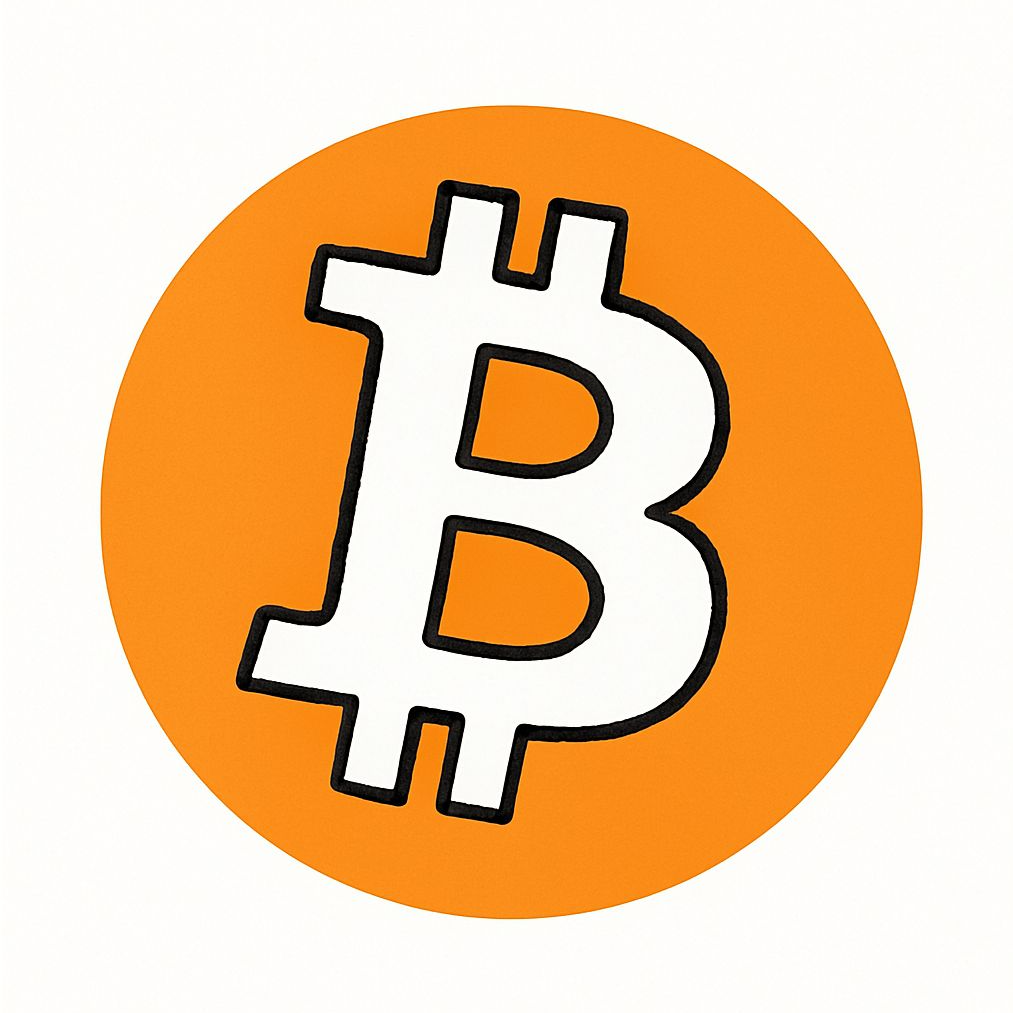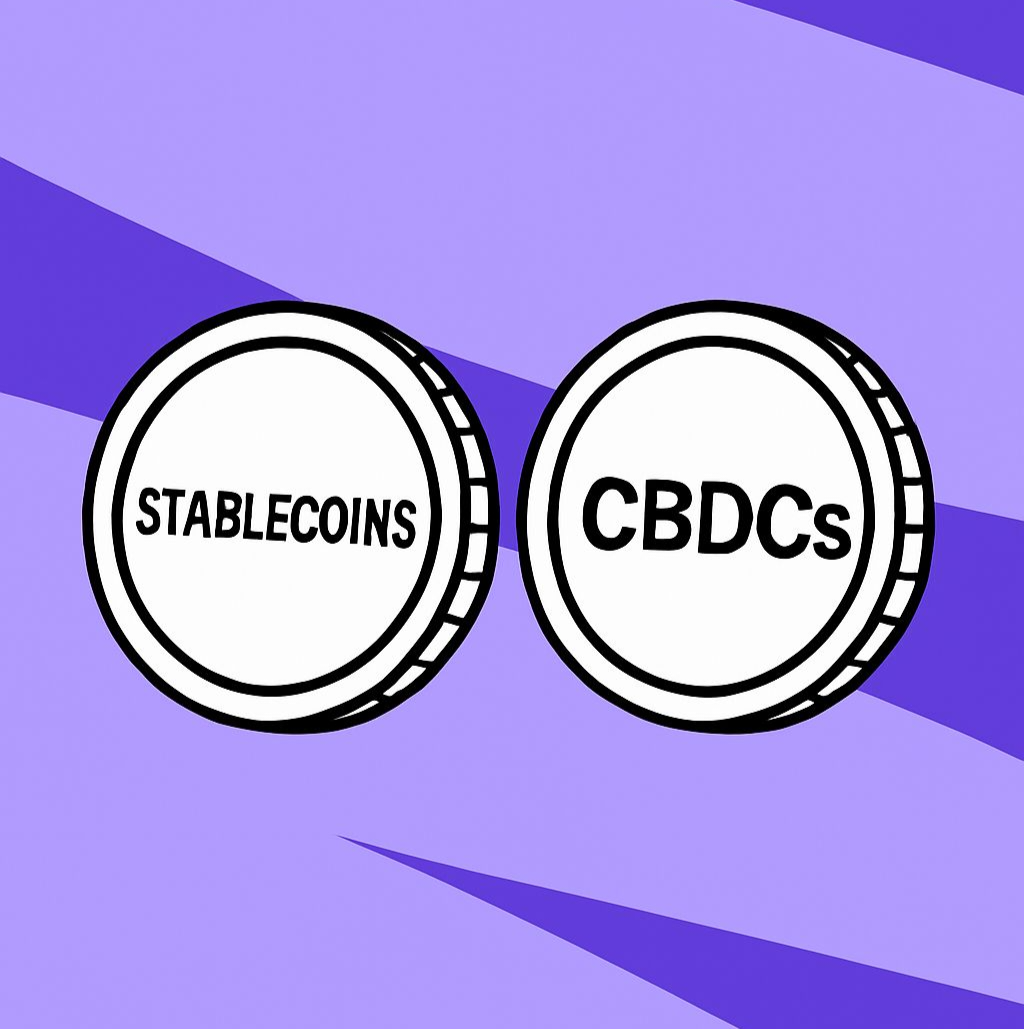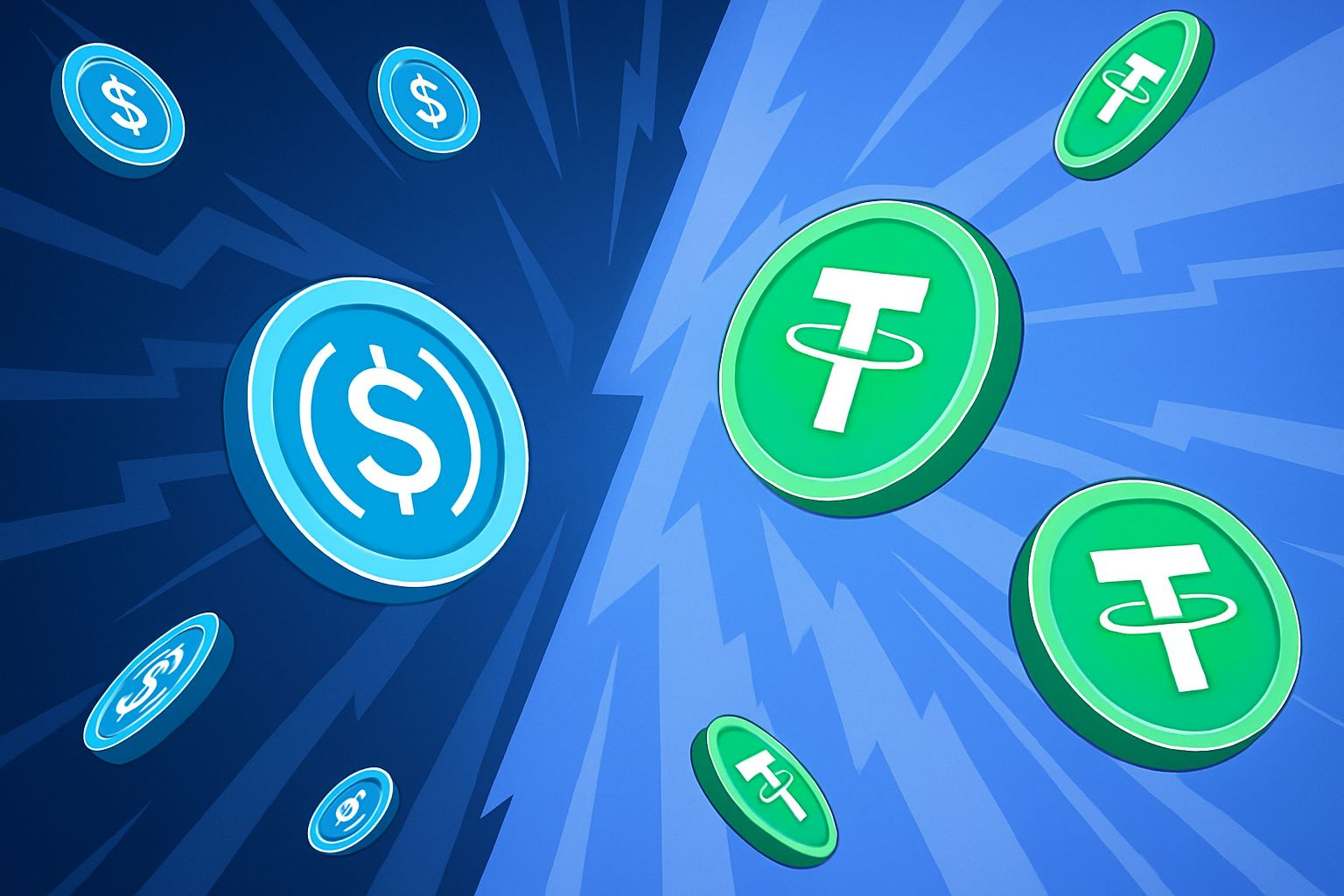Crypto's Quiet War

In the fall of 2008, as the financial world buckled under its own weight—the subprime mortgages unraveling like poorly knotted threads, banks pleading for bailouts that tasted like collective defeat—Alex sat in a cramped Brooklyn sublet, staring at a laptop screen that flickered with the weight of revelation. The news feeds were relentless: Lehman Brothers bankrupt, AIG propped up with trillions in public funds, the Federal Reserve's printing presses humming as if endless paper could stitch back trust. Alex, twenty-three, with a philosophy degree that now seemed as useless as a map to El Dorado and student loans compounding like unspoken regrets, stumbled upon a PDF in a dimly lit corner of the internet. "Bitcoin: A Peer-to-Peer Electronic Cash System," it proclaimed, authored by one Satoshi Nakamoto, a name that sounded like a ghost in the machine. It wasn't just code; it was a meditation on fragility, a blueprint for money untethered from the fallible hands of institutions.
It was a revelation, not in the thunderclap sense, but the quiet kind that seeps in over sleepless nights. Here was a system without banks, without the suited intermediaries who'd just torpedoed the economy. Transactions etched into a distributed ledger, immutable, transparent yet pseudonymous. No more trusting the untrustworthy. Alex mined his first coins on a cobbled-together rig in 2010, the GPU fans whirring like a promise. The early days felt electric: IRC chats with faceless allies, swapping ideas on forums where anonymity was the default currency. "This is it," Alex thought, "the antidote to the crisis—a world where money moves without permission slips."
The decade unfolded in fits and starts, a narrative of ascent laced with doubt. By 2013, Bitcoin had surged past $1,000. Ethereum's 2015 launch brought smart contracts, programmable trust that felt like rewriting social contracts. Alex dipped in modestly, building a small portfolio, attending makeshift meetups in dimly lit London pubs after relocating for a tech job that barely paid the rent. The ethos was pure: decentralization as democracy, blockchains as the great equalizer. But shadows lengthened. Silk Road's shutdown in 2013 marked the first crack—governments, roused from their slumber, saw not liberation but a haven for the illicit. The U.S. Treasury classified exchanges as money transmitters, mandating KYC—Know Your Customer—protocols that demanded IDs, addresses, the very personal data crypto was meant to transcend.
Still, the community pushed back. Alex watched as privacy coins emerged, quiet guardians of the original vision. Monero forked in 2014, weaving ring signatures into its core: transactions blended into decoys, amounts veiled by confidential proofs. "It's like sending cash in a sealed envelope," a forum poster quipped, "but the envelope self-destructs." Zcash followed in 2016 with zk-SNARKs, zero-knowledge proofs that verified without revealing. These weren't just tools; they were lifelines, ways to circumvent the creeping nets of AML—Anti-Money Laundering—rules that flagged "suspicious" patterns, turning voluntary exchanges into audited ledgers.
By the late 2010s, the institutions arrived, not with pitchforks but with open arms. JPMorgan, who'd once called Bitcoin a fraud, launched its JPM Coin in 2019. BlackRock filed for Bitcoin ETFs in 2021, packaging the rebel asset into sanitized wrappers for Wall Street desks. Alex felt the shift viscerally: the price booms were intoxicating—Bitcoin hit $69,000 in 2021—but each surge drew more oversight. CBDCs rolled out: China's digital yuan by 2022, a tool for total transaction tracking; the UK's Britcoin pilots in 2024, promising efficiency but embedding the Bank of England's watchful eye.
The turning point came in 2023, amid another market dip. Alex, now in his late thirties with a family to support, saw his holdings fluctuate wildly. Exchanges like Coinbase enforced stricter KYC, linking wallets to passports, while Chainalysis tools mapped pseudonyms to real names with eerie precision. "It's not freedom anymore," Alex muttered over coffee with old forum friends, now scattered across Zoom calls. Governments leaned in: the EU's MiCA regulation in 2024 mandated "travel rules," forcing senders' data to accompany transfers. The ethos eroded—crypto, born from distrust of centers, was being recentralized, its benefits negated by the very powers it sought to evade.
Yet, in the quiet corners, privacy coins held the line. Alex turned to Monero for his remittances, using no-KYC P2P platforms like LocalMonero to swap in, then churning transactions through rings of decoys. To dodge AML flags, he layered with Tor networks, air-gapped wallets, and decentralized mixers—simple acts of defiance in a surveilled world. "Privacy isn't hiding," he explained to his skeptical wife one evening, as rain pattered against their flat window, "it's preserving what's yours." Zcash's shields protected his donations to causes frowned upon by authorities; Pirate Chain's mandatory zk-SNARKs ensured even casual spends vanished into the ether.
By 2025, the landscape had crystallized: institutions owned the gateways, governments the rules, but the underground persisted. Alex, scrolling a privacy-coin forum on a secure browser, reflected on the journey—from the ashes of 2008's betrayal to this bifurcated reality. The moral lingered, unspoken yet insistent: true innovation demands eternal vigilance, lest the tools of liberation become chains in disguise. In the end, the war wasn't won or lost; it simply evolved, one shielded transaction at a time.




